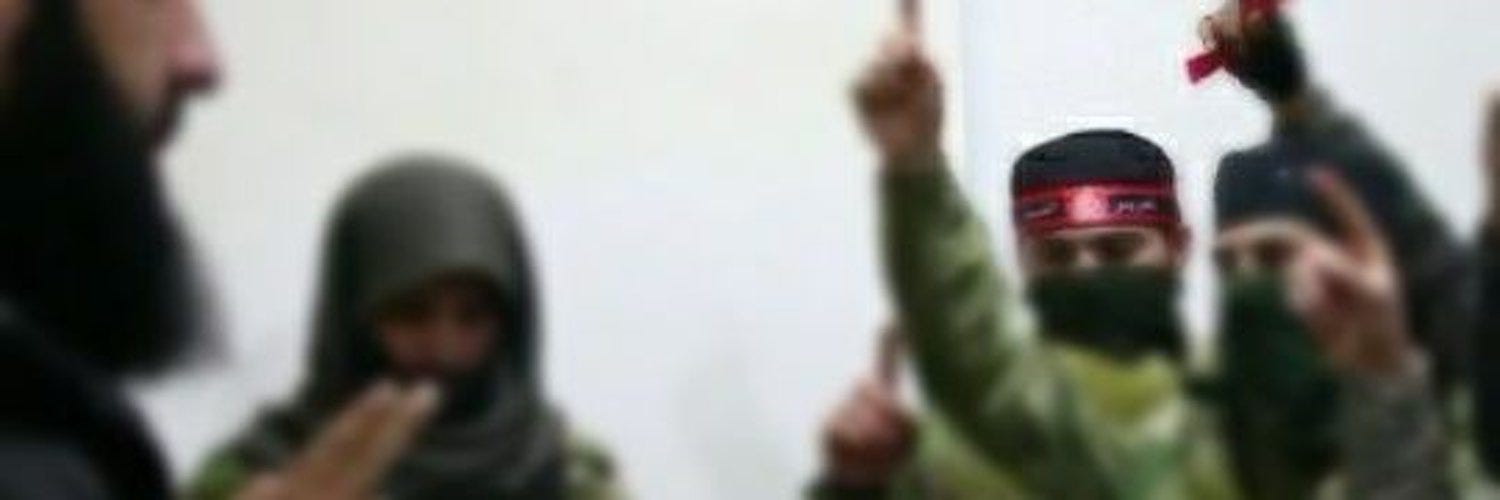Syria First? State of chaos or cohesion
A study on the country's de facto leaders. How Libya failed itself. And a brutalised Iraq
Welcome to This Week, Those Books, your rundown on books new and old that resonate with the week’s big news story.
Rejoice, we are a community of more than 10,000 subscribers in 118 countries.
In the season of giving, please consider supporting this news literacy effort so that we can keep it freely accessible. If you can’t pay, just email thisweekthosebooks@substack.com and we’ll give you full access, including to the archives, no questions asked.
🎧 Would you rather listen? The podcast – a human (not AI) read-along – drops at the weekend.
– Rashmee
Keep reading with a 7-day free trial
Subscribe to This Week, Those Books to keep reading this post and get 7 days of free access to the full post archives.





